Exploring the Future of Cannabis Legalization and Buying Practices in Mauritius
Exploring the Future of Cannabis Legalization and Buying Practices in Mauritius: A Green Revolution on the HorizonAs the sun sets over the stunning landscapes of Mauritius, a quiet revolution is brewing beneath its tranquil surface. The vibrant island, known for its breathtaking beaches and rich cultural tapestry, stands at a crossroads—one that could redefine not just its economy but also societal norms surrounding cannabis. With global perspectives on marijuana shifting rapidly toward acceptance and legalization, Mauritius finds itself poised to explore new horizons regarding cannabis policy and purchasing practices. Join us as we delve into this exciting journey, examining what lies ahead for both consumers and policymakers in an evolving landscape where tradition meets innovation. From potential economic benefits to ethical considerations, let’s uncover how this green wave could reshape life in paradise!
Introduction to the current state of cannabis laws in Mauritius:
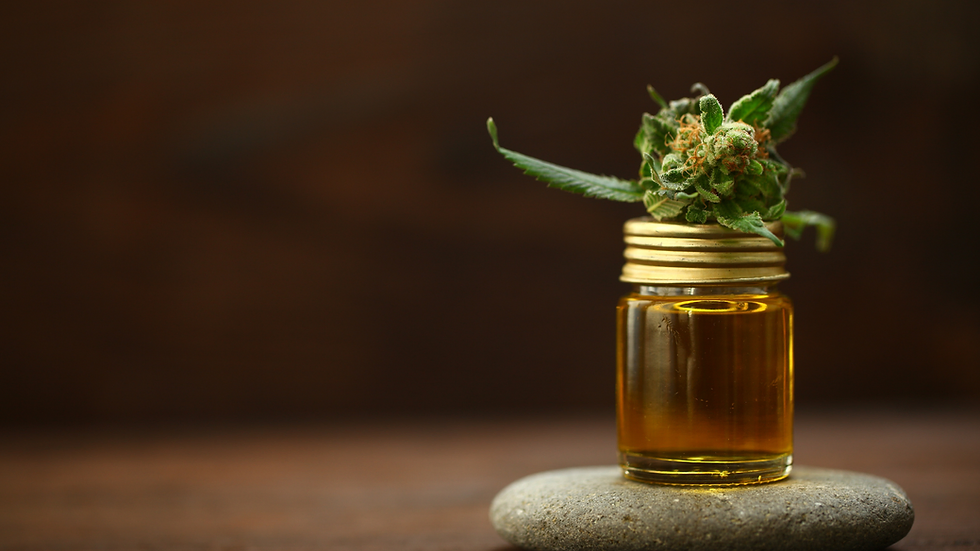
Mauritius, known for its stunning beaches and vibrant culture, is also at a crossroads when it comes to cannabis legalization. As discussions around cannabis laws gain momentum globally, this island nation finds itself in an intriguing position. The debate over whether to embrace or resist the changing tides of cannabis legislation could reshape not just societal norms but also economic landscapes.
With more countries moving towards legalization—both recreationally and medicinally—what does the future hold for Mauritius? Are we on the brink of a shift that will change how residents buy weed online in Mauritius? Join us as we navigate through the current legal framework and explore what lies ahead for cannabis enthusiasts and policymakers alike.
The history of cannabis legalization in Mauritius:
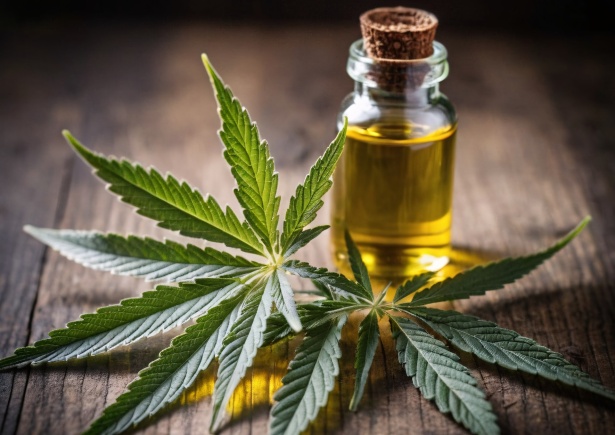
Cannabis has a long and complex history in Mauritius, dating back to the colonial era. Introduced by Indian indentured laborers in the 19th century, it became intertwined with local culture.
In the early 20th century, global pressures led to stricter regulations. The Cannabis Act of 1930 marked a significant shift, criminalizing possession and use. This law reflected international trends influenced by concerns about drug abuse.
Despite its illegal status, cannabis remained prevalent within certain communities. Many viewed it as a traditional herbal remedy rather than an illicit substance.
Efforts for reform have emerged sporadically over the decades. Activists have advocated for recognizing its medicinal benefits while challenging outdated perceptions surrounding recreational use.
Today’s discussions around legalization echo these historical tensions. They reflect evolving attitudes toward cannabis globally and locally in Mauritius.
Current legal status of buying weed in Mauritius:
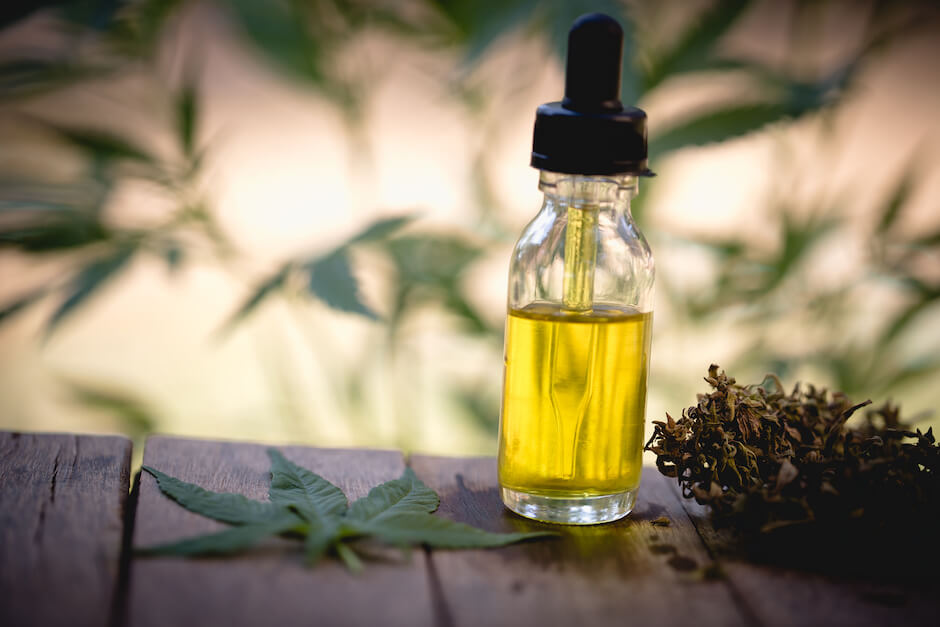
In Mauritius, the legal status of cannabis remains complex and restrictive. Possession and use of marijuana for recreational purposes are still illegal. The country has maintained a strict stance against drug-related offenses, leading to potential fines or imprisonment for violators.
However, discussions around reform have gained traction in recent years. Advocates argue that changing laws could benefit both individuals and society at large. The conversation often centers on health benefits and economic opportunities tied to legalization.
While there is no formal framework yet allowing citizens to buy weed online in Mauritius, some entrepreneurs explore avenues within medical cannabis regulations. These developments indicate a growing interest but also highlight the challenges ahead in navigating legal hurdles while ensuring public safety.
The landscape continues to evolve as public opinion shifts toward more progressive policies regarding cannabis use.
Pros and cons of cannabis legalization in Mauritius:

Cannabis legalization in Mauritius sparks a lively debate. On one hand, it offers numerous benefits. Legal access could improve public health by allowing safe consumption and quality control. The potential for medicinal use is significant, offering relief to patients suffering from chronic conditions.
On the flip side, concerns about increased usage among youth arise. Critics worry that easier access may lead to higher rates of addiction and social issues.
Another factor to consider is the strain on law enforcement resources during the transition period. Regulations would need careful crafting to prevent black-market growth.
Tax revenue from legal sales could boost the economy substantially, but this must be balanced against possible societal costs associated with increased use. Each argument presents valid points worthy of discussion as Mauritius navigates its cannabis future.
Potential economic impact of legalizing recreational and/or medicinal cannabis:

Legalizing cannabis in Mauritius could unlock significant economic benefits. The creation of a regulated market may lead to the generation of substantial tax revenue. Governments worldwide have seen increased funds from cannabis sales, which can be reinvested into public services.
Job creation is another potential boon. From cultivation and distribution to retail outlets, numerous employment opportunities would emerge, stimulating local economies. This growth could help reduce unemployment rates and provide livelihoods for many.
Moreover, legal access might encourage tourism in Mauritius. Cannabis enthusiasts often travel to places where it’s legally available, boosting hospitality sectors like hotels and restaurants.
On the medicinal side, legalization could spur innovation in healthcare products derived from cannabis compounds. This development would not only enhance patient care but also position Mauritius as a leader in medical research within the region.
Comparison to other countries with legal cannabis markets:
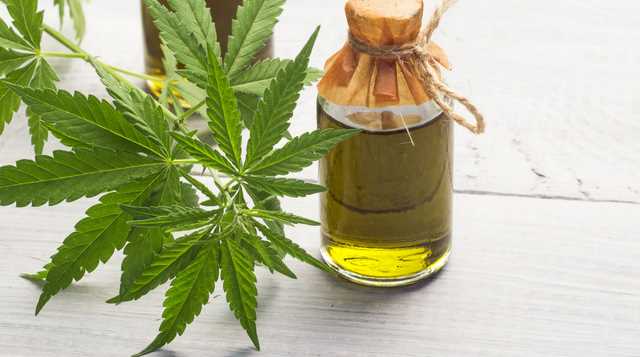
Countries like Canada and Uruguay have paved the way for cannabis legalization, offering valuable lessons to Mauritius. In Canada, a robust framework governs both medical and recreational use. The market has flourished with diverse products available, driving significant tax revenue.
Uruguay took an interesting approach by being the first nation to legalize cannabis in 2013. They implemented a system where citizens can grow their own plants or buy weed online in mauritius from pharmacies. This model encourages personal cultivation while maintaining government oversight.
Comparatively, many U.S. states have embraced legalization at varying levels, showcasing rapid industry growth alongside challenges in regulation and banking.
Mauritius could draw insights from these countries about managing supply chains and ensuring quality control while considering cultural nuances unique to its society. Making informed decisions will be crucial as Mauritian lawmakers contemplate future policies on cannabis sales and consumption practices.
Challenges facing the implementation and regulation of a legal cannabis market in Mauritius
Challenges facing the implementation and regulation of a legal cannabis market in Mauritius:

Implementing in buy weed online in Mauritius legal cannabis market in Mauritius presents several hurdles. One major challenge is the lack of infrastructure. The existing systems for regulation and distribution are not designed to handle a new industry.
Another concern is public perception. Many Mauritians still associate cannabis with crime and stigma, making it difficult to gain widespread support for legalization efforts.
Regulatory frameworks must also be established. Crafting laws that ensure safety while promoting responsible use requires careful consideration and expertise.
Additionally, there’s the issue of training law enforcement and regulatory bodies on how to enforce these new laws effectively without bias or confusion.
Economic implications cannot be overlooked either. buy weed online in Mauritius Ensuring fair taxation that benefits local communities while preventing illegal markets from thriving will be complex but essential for success.
Navigating these challenges demands collaboration among policymakers, health experts, and community leaders to create a balanced approach moving forward.
Possible changes or amendments to current laws and policies regarding buying weed in Mauritius:
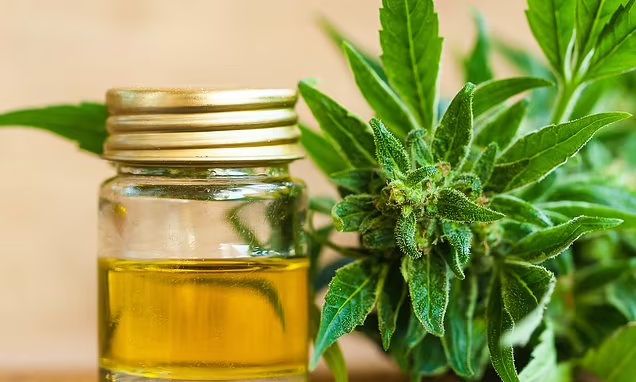
As discussions around cannabis legalization gain momentum, potential changes to the current laws in Mauritius are becoming more apparent. Policymakers might consider revising existing regulations to create a framework for legal sales.
One possibility is establishing a regulated market for medicinal cannabis. This could involve licensing producers and dispensaries, ensuring quality control while providing patients with access to therapeutic options.
Another avenue could focus on decriminalization efforts aimed at reducing penalties for personal use. Such amendments would ease the burden on law enforcement and criminal justice systems.
Public opinion is shifting too. Advocacy groups push for reforms that reflect changing attitudes toward cannabis use. Engaging citizens in dialogue may drive legislative actions forward, creating an environment where policies align with public sentiment.
Lastly, international examples of successful legalization can serve as models for crafting effective legislation tailored to Mauritian society’s unique needs.
Conclusion: predictions for the future of cannabis legalization and buying practices in Mauritius
As Mauritius navigates the complex landscape of cannabis legalization, several factors will shape its future. The ongoing global trend towards legalization offers insights and potential pathways for local policies. With a growing awareness of the benefits associated with medicinal cannabis, public opinion may shift in favor of more progressive laws.
The economic ramifications are hard to ignore. A regulated market could create jobs, enhance tourism, and generate tax revenue that contributes to various sectors within the country. However, careful consideration must be given to regulatory frameworks that protect consumers while ensuring responsible use.
Challenges such as societal attitudes and law enforcement practices remain hurdles to overcome. Engaging stakeholders from various sectors—including healthcare professionals, economists, and community leaders—will be essential in crafting effective legislation.
Future amendments or changes may allow for greater access to cannabis products through established channels like online platforms. This could transform how residents buy weed online in Mauritius, making it safer and more convenient than ever before.
As discussions continue around legalization efforts, keeping an eye on emerging trends both locally and globally will provide insight into what lies ahead for cannabis policy in Mauritius. The journey toward reform is likely filled with debates but holds promise for a vibrant legal market that aligns with evolving social norms.

